ONLINE SAR: Sexual Attitude Reassessment (14 CE Hours, 2022)
Friday, May 6, 2022 | 9-5 pm EST AND Saturday, May 7, 2022 | 9-5 pm EST
14 CE Hours
(This program will not offer NBCC, APA, or ASWB credit)
Presenter: Shadeen Francis
Live Via Webinar
AASECT has temporarily allowed SARs to be completed Live Online!!
- Demonstrate an increased awareness of personal attitudes, values, feelings and beliefs about an array of sexual and social identities
- Develop greater comfort when addressing and discussing sexual identity topics
- Discuss how their sexual feelings, values, reactions, and beliefs may be impacting their ability to work with multicultural groups in professional settings
- Describe at least two (2) examples of ways intersectionality is relevant to sexuality professions
- Examine the relationship between dominant social narratives and the maintenance of sexual ethics, normalcy, and sexual politics
- Recognize how discomfort with diverse sexual practices may contribute to barriers in the delivery of educational, health, social, and behavioral health services
- Recognize how internalized stereotypes influence our perception of sexual health, wellness, identity, and behaviour
- Clarify the aspects of sexual knowledge and self-awareness that present areas for further professional exploration.
Instructor Biography: Shadeen Francis is a licensed psychotherapist, graduate instructor, and author that specializes in sex therapy and social justice. She has been featured on platforms like ABC, CBS, NBC, and the New York Times to share her unique expertise. Because of her ability to tackle difficult subjects with warmth and humour, Shadeen is sought internationally to speak on topics such as sexual self-esteem, overcoming shame, and relationship design. Whether in her office, in an academic setting, or at a community event, all of Shadeen’s work is inspired by her commitment to helping people live lives full of peace and pleasure.
The American Association of Sexuality Educators, Counselors and Therapists (AASECT) have defined a SAR as follows:
…a process-oriented seminar that uses lecture, media, experiential methods, activities and small group discussions. The objective of a SAR is to give participants the opportunity to explore their attitudes, values, feelings and beliefs about sexuality and how these impact their professional interactions. A SAR is not a traditional academic experience to disseminate cognitive information, nor is it psychotherapy directed toward the resolution of personal problems. It is a highly personal, internal exploration that will be different for each participant. Small group discussions have demonstrated efficacy in achieving this self-exploration and awareness and is essential to the SAR process. To meet AASECT standards, a SAR must be a minimum of 10 hours in length. (AASECT, 2006, p. 1)
In addition to AASECT’s definition, contemporary SAR trainings typically incorporate the viewing and analysis of sexually explicit media. This may often include videos portraying naturalistic, undirected patterns of sexual expression. Sitron and Dyson (2009) have explored the efficacy of the SAR for sexuality educators and therapists (sexologists):
The Sexuality Attitude Reassessment (SAR) has been established as a routine training intervention for sexuality professionals. The SAR has been used to train American sexologists and other helping professionals to be sensitive to sexual diversity and the sexual behavior of others. (p. 158)
Sitron and Dyson (2009) cite Stayton (1998)’s work addressing that health professionals are often “placed in a position of being the ‘expert,’ and yet he or she may know less and be more traumatized, ignorant, and secretive than the patient, client or student” (p. 27). In addition, this imbalance may create challenges for sexologist’s ability to deliver culturally competent services without such SAR training.

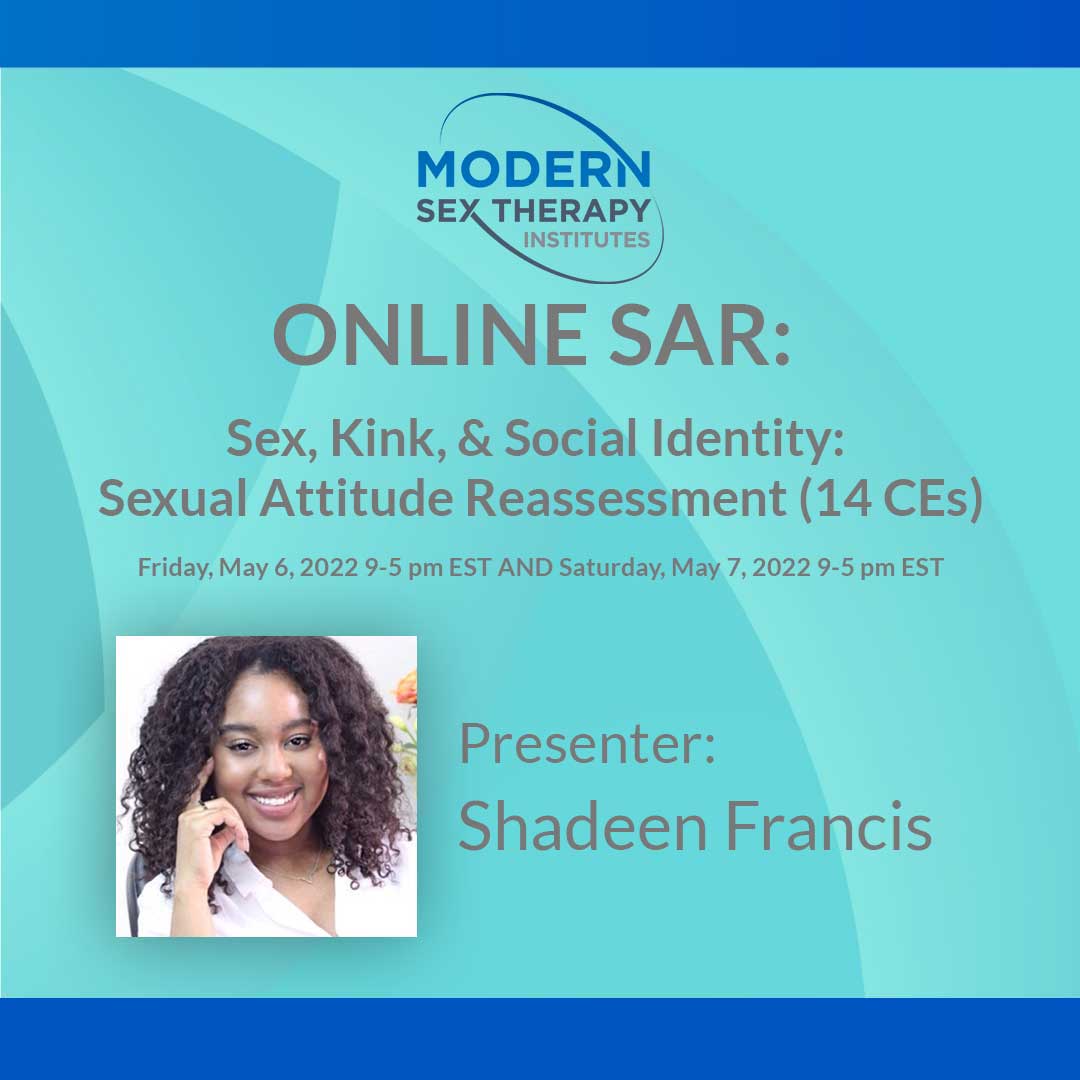

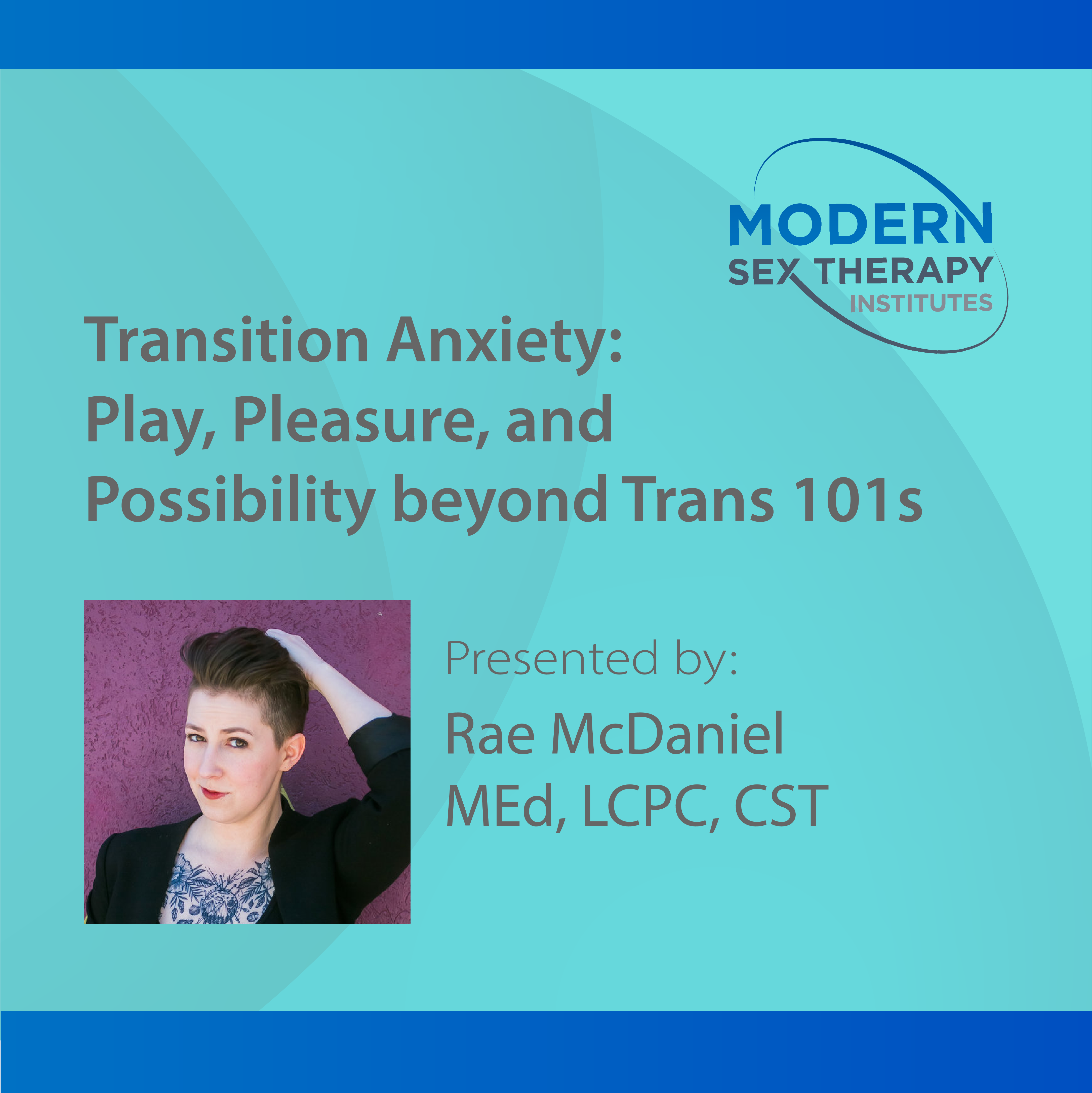
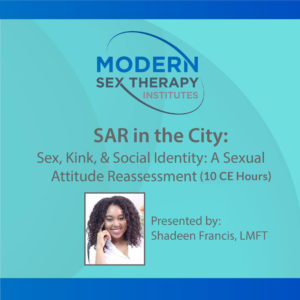


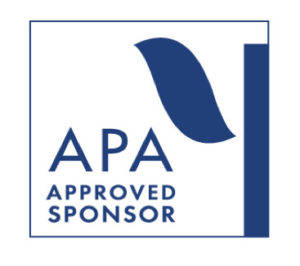 The Advanced Mental Health Training Institute is approved by the American Psychological Association to sponsor continuing education for Psychologists. The Advanced Mental Health Training Institute maintains responsibility for this program and its content.
The Advanced Mental Health Training Institute is approved by the American Psychological Association to sponsor continuing education for Psychologists. The Advanced Mental Health Training Institute maintains responsibility for this program and its content. The Advanced Mental Health Training Institute has been approved by NBCC as an Approved Continuing Education Provider, ACEP No.6901. Programs that do not qualify for NBCC credit are clearly identified. The Advanced Mental Health Training Institute is solely responsible for all aspects of the programs.
The Advanced Mental Health Training Institute has been approved by NBCC as an Approved Continuing Education Provider, ACEP No.6901. Programs that do not qualify for NBCC credit are clearly identified. The Advanced Mental Health Training Institute is solely responsible for all aspects of the programs.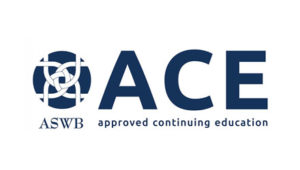 Modern Sex Therapy Institutes [1787, 4/30/22-4/30/25], is approved to offer social work continuing education by the Association of Social Work Boards (ASWB) Approved Continuing Education (ACE) program. Organizations, not individual courses, are approved as ACE providers. State and provincial regulatory boards have the final authority to determine whether an individual course may be accepted for continuing education credit.
Modern Sex Therapy Institutes [1787, 4/30/22-4/30/25], is approved to offer social work continuing education by the Association of Social Work Boards (ASWB) Approved Continuing Education (ACE) program. Organizations, not individual courses, are approved as ACE providers. State and provincial regulatory boards have the final authority to determine whether an individual course may be accepted for continuing education credit.